Cable Tray and Cable Tray Forming Equipment
A bridge, also known as a cable bridge, is primarily used to support and protect cables. Cables are usually placed inside the bridge to prevent damage. Cable trays are commonly applied in large public spaces, such as underground parking lots, libraries, and industrial facilities like thermal power plants and chemical plants.

Cable trays are available in several types: U-type, tray type, ladder type, and grid type. They are generally composed of support arms and installation accessories.
Roll Forming Production Line for Cable Tray
The roll forming line is widely used in mainstream production. It supports flexible type change, multiple batches, and large-scale manufacturing. The advantages include:
- Saving labor
- High production efficiency
- Reduced material waste
However, this equipment also has some limitations:
- Large footprint and high power consumption
- Complicated operation for small-batch production
- Limited flexibility for free combination of blocks and coils
The best swing distance for this equipment is 40m × 4m. Its biggest advantage is the ability to produce long-span bridges, though it requires a large site, which may not be suitable for all customers.
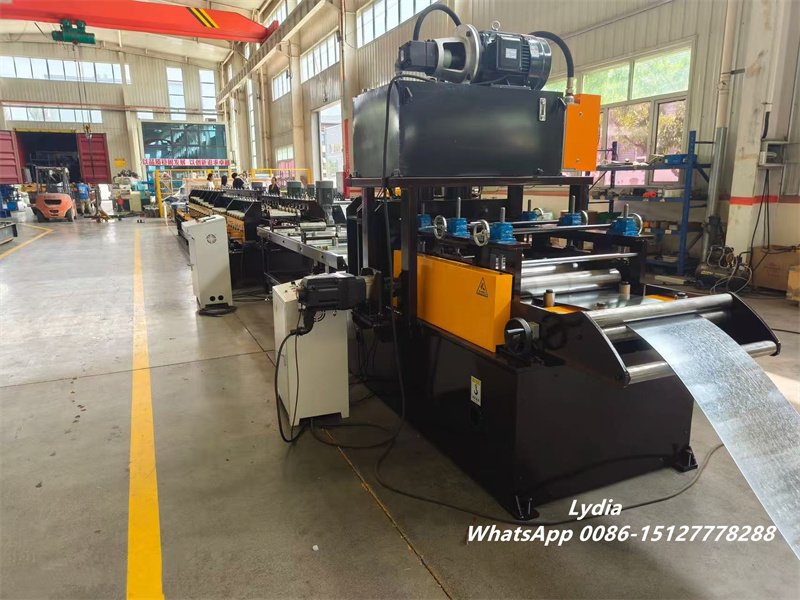
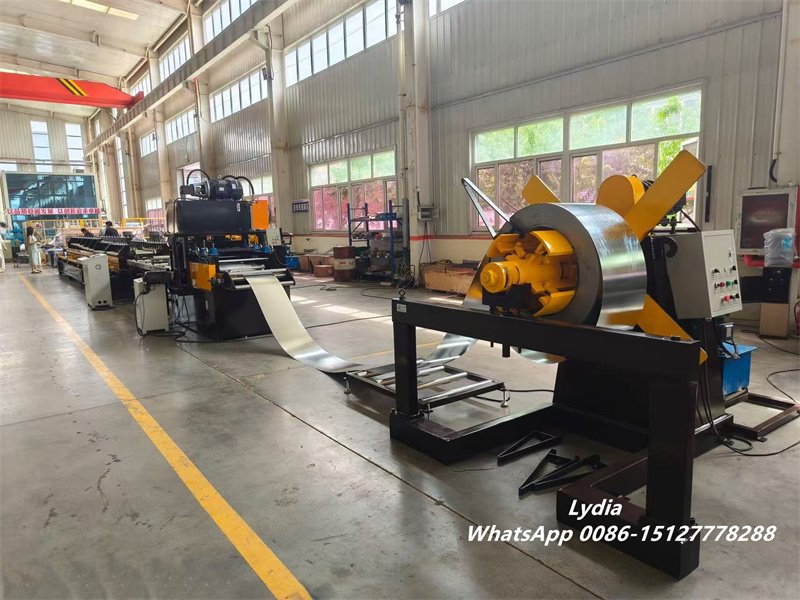
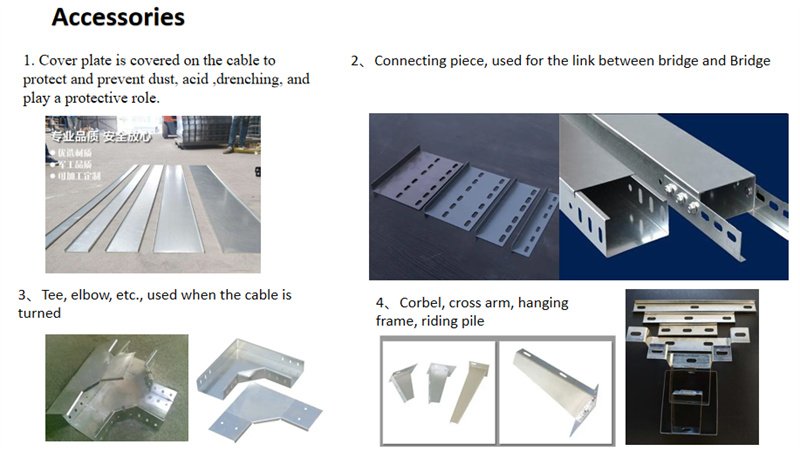
Third-Generation Cable Bridge Machine
In response to customer needs, our company developed the third-generation bridge machine, which integrates rolling and bending technology.
- Multi-function design: all parts of the equipment can be used independently or in combination.
- Additional functions: capable of producing cover plates, Tipon, and Elbow Tipon simultaneously.
- Working area requirement: only 20m × 4m.
- Limitation: it can only produce standard 2-meter bridges or bridges within 4m in the specified range.

Ladder Cable Tray Machine
For customers who already purchased the third-generation bridge machine, there is almost no additional cost to produce ladder cable trays.
- The ladder can be directly formed on the cable bridge, and the cross arm can be shared with that of the bridge.
- For specific needs, special ladder equipment is also available.
- Automatic type adjustment: supports 100 / 150 / 200 models.
- Material thickness: 1.0–3.5 mm.
- Requires only minimal cross-arm equipment.

Cable Tray Rolling Machine
The cost of tray-type production is relatively high.
- For ordinary punching trays, a 400T hydraulic punching machine + combined punching + 2–3 forming machines are sufficient.
- For European standard trays or energy-saving trays, a complete bridge production line worth about 2 million RMB may be required, with dedicated molds for each model.
Typically, the waist height of the European standard version does not exceed 100 mm (special models <150 mm), and a bottom width of 400 mm is sufficient. However, many customers prefer to buy full-model forming machines, which increases costs unnecessarily.
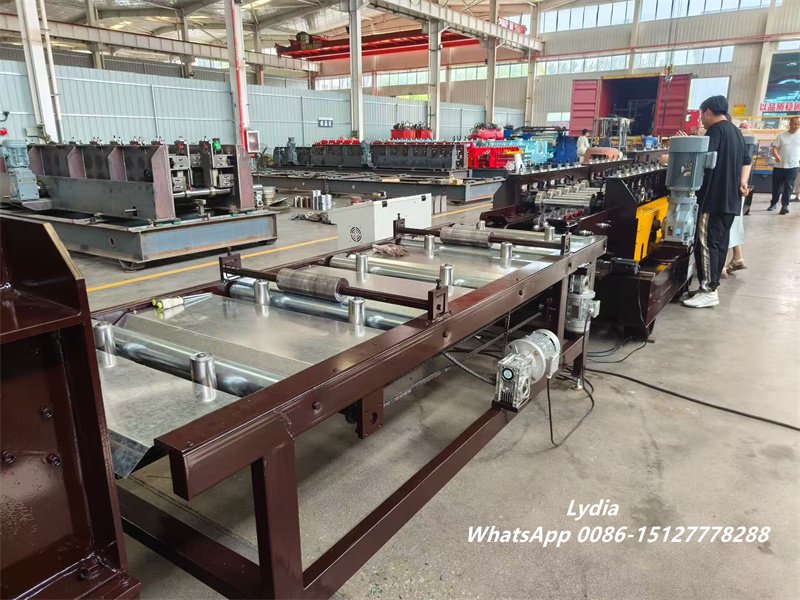
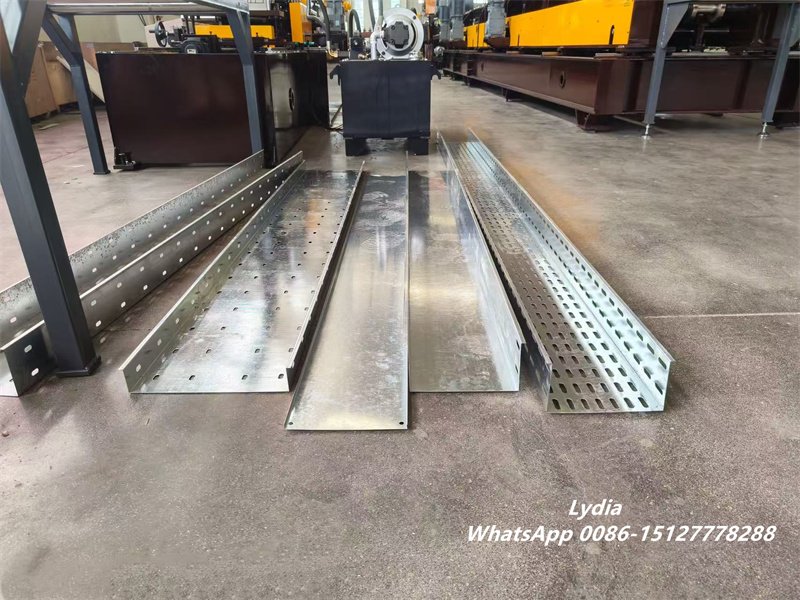
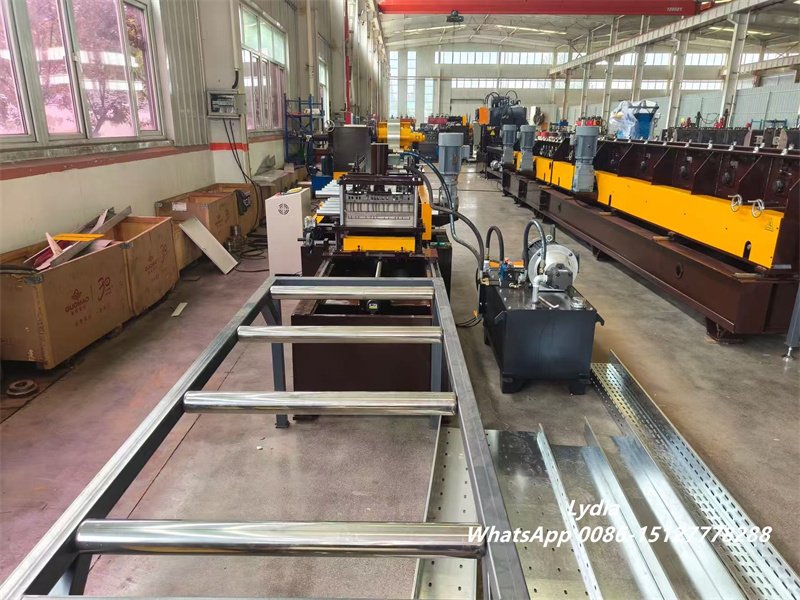
Common Misunderstandings About Cable Tray Machines
Many customers believe they must invest in all possible equipment and accessories at once. In reality, this is unnecessary because China has a well-established industrial supply chain.
- In the early stage, it is better to focus on large orders with high profit and simple products.
- Accessories such as bends or spare parts can be outsourced at very low costs, saving energy and resources.
- When your business grows and production volume increases, you can then consider adding accessory equipment.
Although a one-time full investment seems convenient, overly complex production often leads to higher capital costs and management difficulties. A step-by-step investment strategy allows you to maximize value while maintaining efficiency.
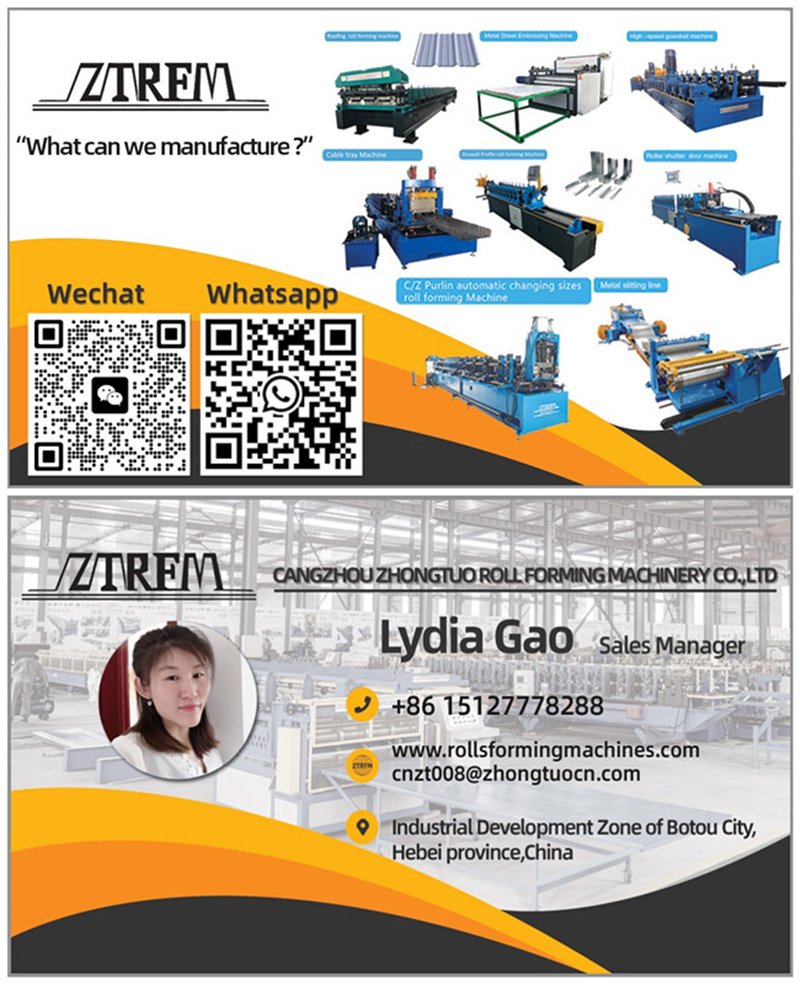

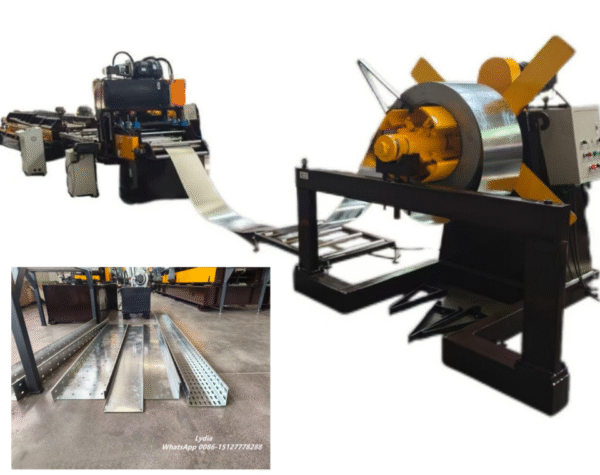
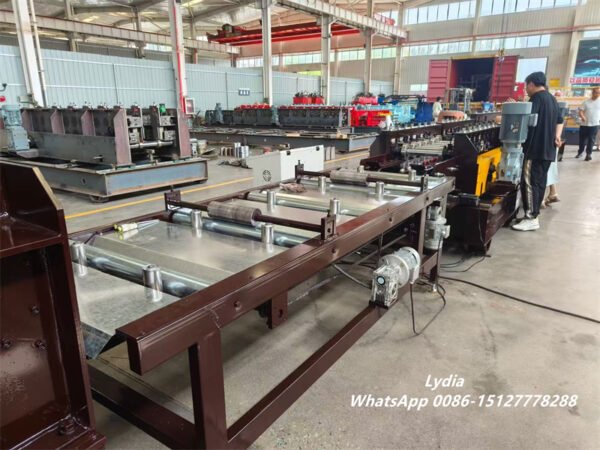
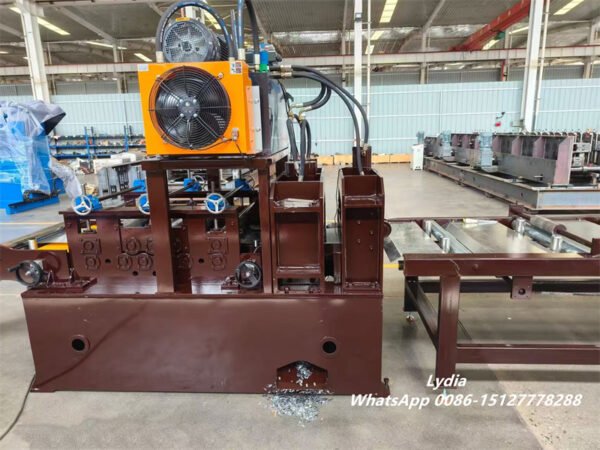
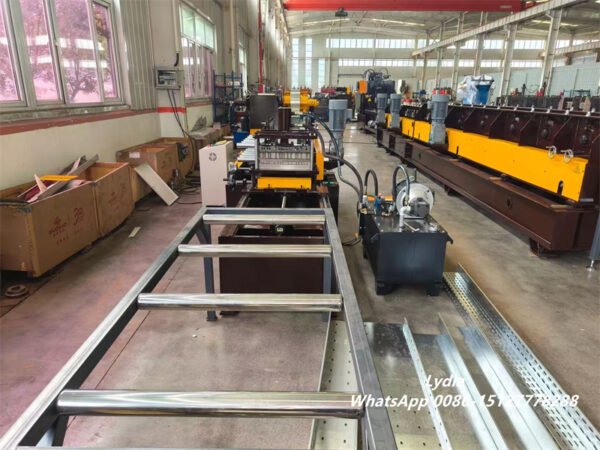
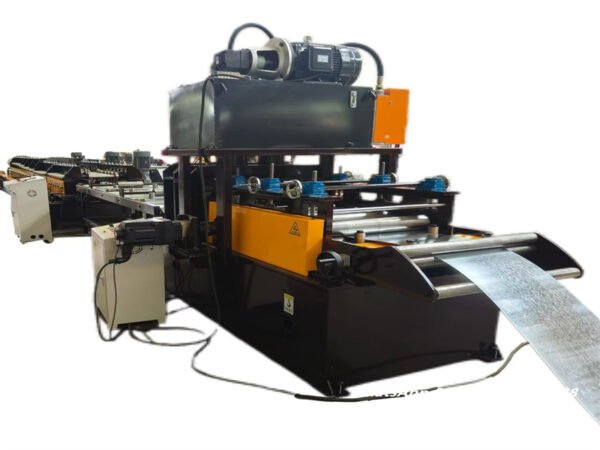
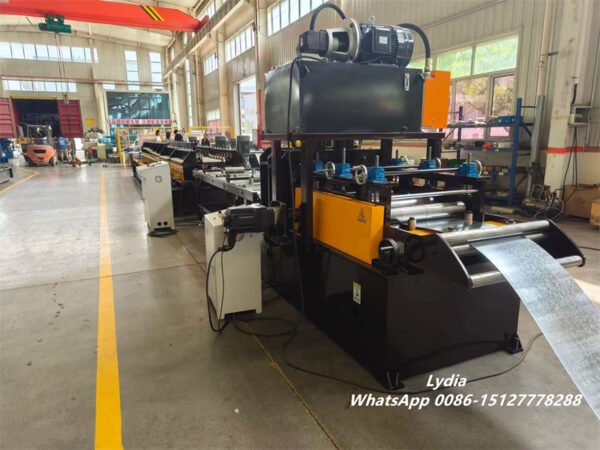
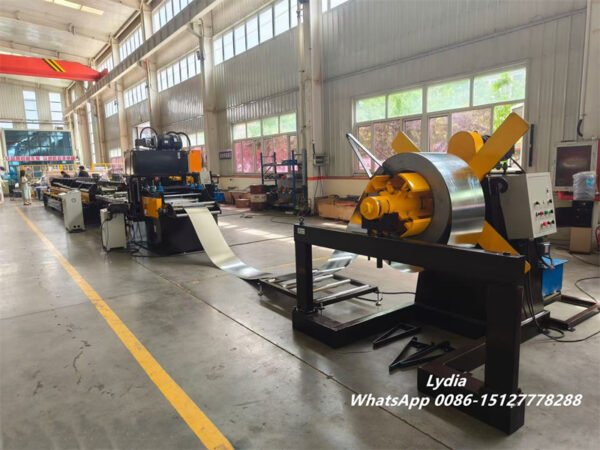
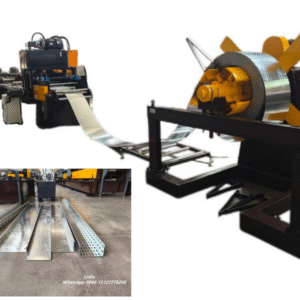
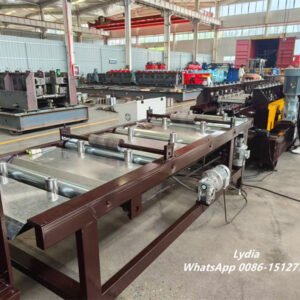
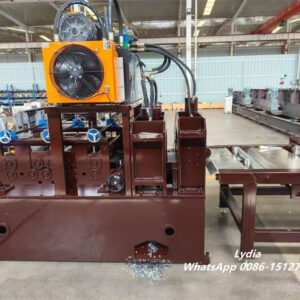
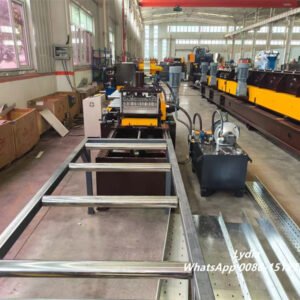
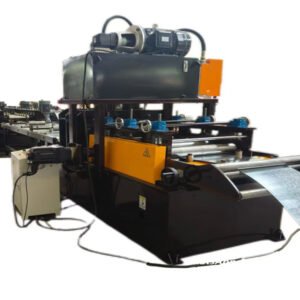
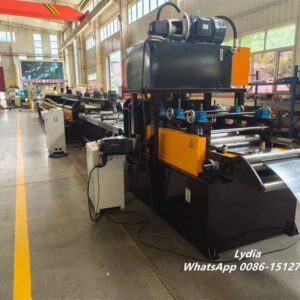
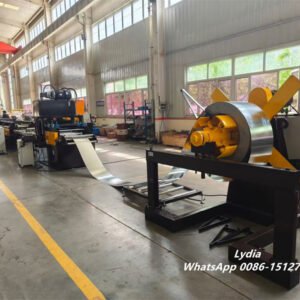
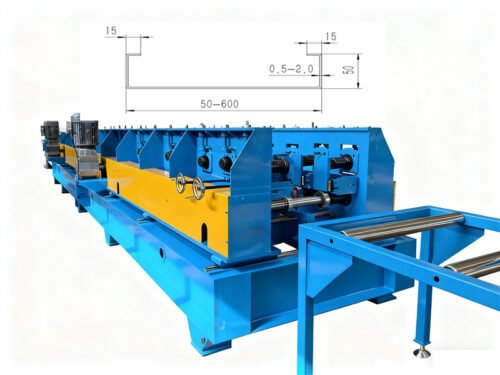
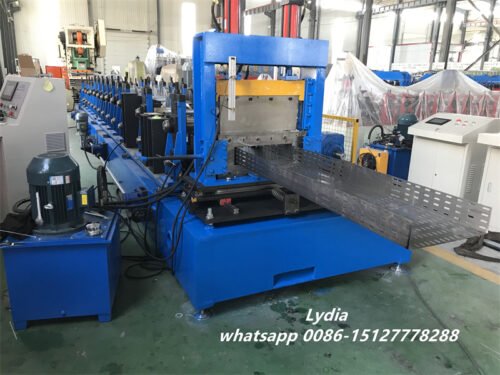



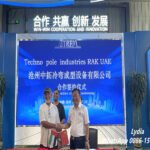
Reviews
There are no reviews yet.